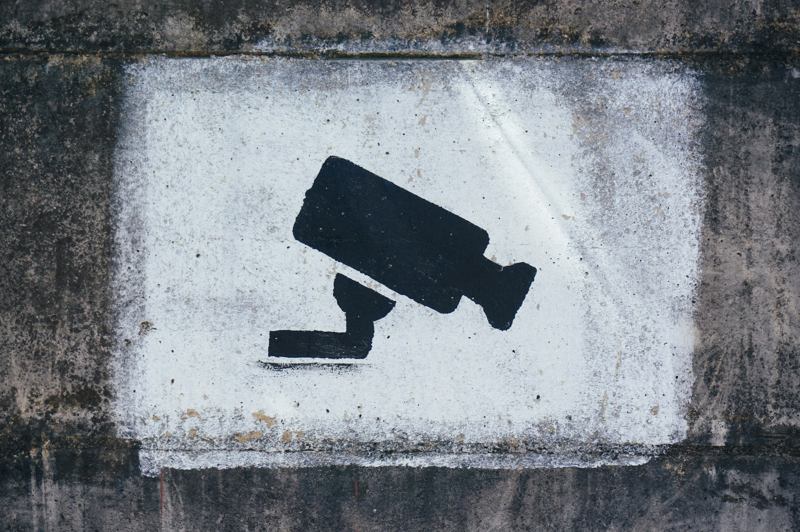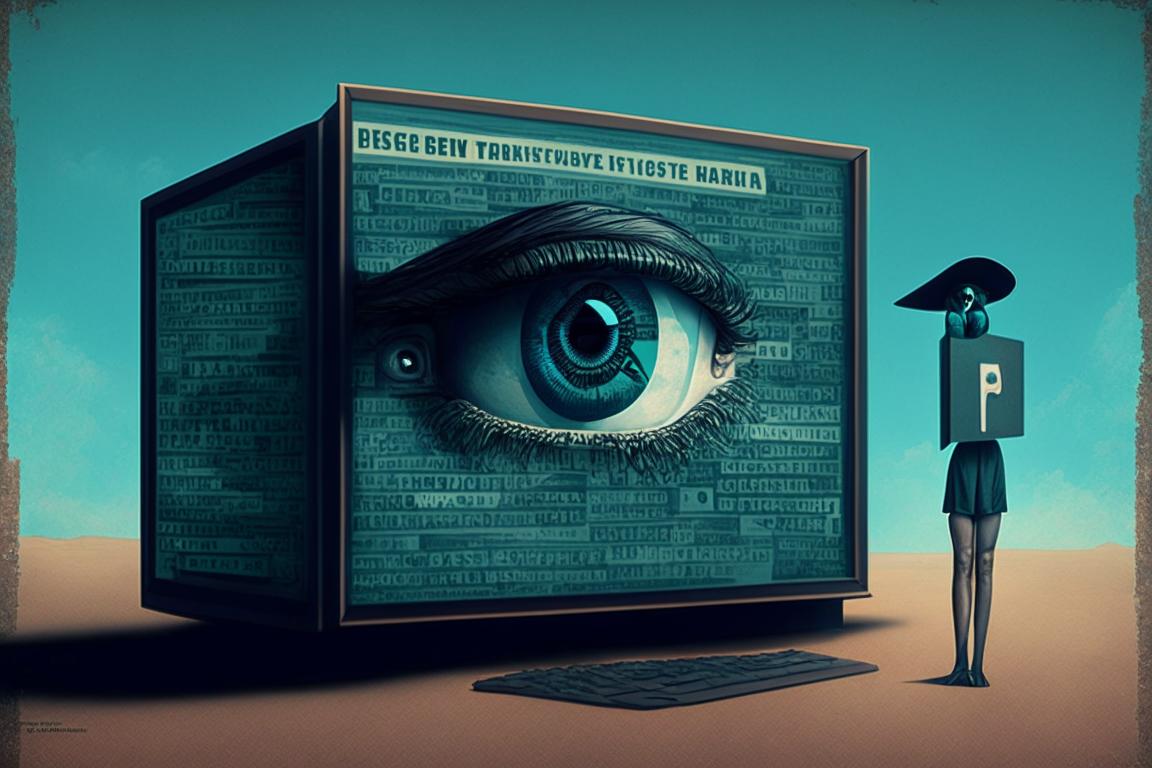Why is privacy important, especially in today’s over-connected world? Comprehending the significance of privacy and the reasons you should protect it may seem obvious, but not for everyone. Let’s talk about the negative consequences of oversharing online and the reasons you should protect your personal information.
What Happens When You Disclose Your Personal Information Online?
Do you know why some people don’t value private life? Because they don’t understand the consequences of surveillance. They claim that they have nothing to hide because they are not involved in illegal activities. In reality, this approach is pretty superficial.
When you disclose your personal information online, it may have the following negative consequences:
- Increasing the price of trips to a destination you were previously interested in.
- Inflating the prices for air tickets for residents of countries with developed economies.
- Using information from social networks to build your credit score.
- Attempting to sell you products or services based on your personal information.
- Potential leaks of the data you shared online, which can be sold to other companies.
- Fraudulent calls, offers, spam mail.
These are just a few of the problems you will face if your information is handled by large companies and hackers. Now, why is privacy important?
Why Is Privacy Important? 10 Reasons You Need to Protect Your Personal Information Online
1 Reducing External Influence
Privacy is important not just to keep the government from spying on us, but also to keep big companies in check. The extent of knowledge that others have about our personal lives directly correlates to the degree of influence they hold over our behavior.
In other words, our personal information is the key to manipulating our choices and sculpting our actions. It becomes a mechanism through which governments and companies can control us.
2. Prevent from Spying

It is the duty of the state to safeguard its people, yet there are times when this obligation leads to excessive monitoring. In a significant event back in 2013, Edward Snowden brought international attention to the surveillance tactics of the NSA, igniting a global debate on personal privacy.
It’s a tough balance to strike, keeping people safe without stepping all over their personal freedoms. You would agree that having the government watching your every move is a pretty unsettling thought, wouldn’t you? It feels like we’re living in some ‘Big Brother’ nightmare.
People all over the place are pushing back against this idea of constantly being under government surveillance. It’s just not right and goes against everything we believe in as free individuals.
3. Reputation Management
Privacy is important because it serves as a crucial tool for reputation management. The way others perceive us can significantly impact our life prospects, relationships, and mental health. While total control over our public image is unrealistic, it’s essential to have the means to defend our reputation from unwarranted damage.
This defense includes safeguarding against both lies and some specific truths. The truth is that just because you know something about a person’s life doesn’t mean you understand them. Personal info is just a small piece of who someone really is.
There’s a lot more to understanding an individual than just knowing what they do behind closed doors.
4. Prevent Identity Theft
Identity theft is the illicit practice where an individual gets hold of your personal details to impersonate you in the online world. Perpetrators may hijack your online accounts or engage in illegal activities, such as committing tax fraud under your guise.
When someone violates your digital privacy, it’s not just a one-time thing. The damage can go way beyond just that single act. It can totally mess with your online reputation and cause long-term consequences.
5. Freedom of Political Action
The act of voting is a private endeavor for good reasons. You’re never obligated to disclose the candidate you supported. The sanctity of privacy ensures that you can form and uphold your political beliefs away from the public eye. This autonomy is particularly crucial in families where perspectives on the world may clash.
Furthermore, privacy safeguards your employment, regardless of your political stance. You can’t control how other people perceive you based on what you believe. That’s just a fact. But you do have the right to keep your beliefs private if you want to.
6. Trust
Trust is the foundation of all our relationships, whether it’s with our friends, family, co-workers, institutions, or businesses. When that trust is broken, it’s like a crack in the foundation that our whole relationship is built on.
That’s especially true when it comes to things like medicine and the law, where being honest and transparent is so important. We need to know we can trust our doctors and lawyers to keep our business quiet so that we can speak freely.
In reality, trust is everywhere in our lives, whether it’s meeting new people or dealing with companies we buy from. We rely on those relationships, and it’s a big deal when they’re compromised in any way.
7. Save Money When Shopping Online
Why is privacy important? Whether you realize it or not, having your personal data compromised can have actual negative effects on your finances!
Many online platforms adjust their pricing according to your geographic region and the browsing patterns they track. These platforms have the capability to pinpoint your exact location, which allows them to modify product or service prices accordingly.
There are simple tools for protection, like VPN. The technology works with double encryption and provides traffic redirection two times, which allows you to completely hide your real IP address. This way you prevent the leakage of information that you do not want to disclose.
When your actual location becomes obscured, it becomes significantly more challenging for websites to manipulate prices on the basis of your physical location. This enables you to assess prices globally, secure the most advantageous deals, and occasionally reduce expenses.
8. Defend Yourself in Legal Proceedings
Be mindful of your social media activity, especially if you’re involved in a legal matter. Take, for example, a case where an individual sought compensation for a workplace injury but was ultimately undermined by his own Facebook content showing him engaged in an activity that inflicted the same injury.
For the sake of your case’s success, you need to be cautious about what you share online. Any information available publicly has the potential to be used against you in court and might make you look bad in front of a jury.
9. Not Having to Explain or Justify Yourself

Privacy is crucial because it liberates us from the need to constantly justify our actions. Sometimes people can misinterpret harmless or personal behaviors if they don’t know the whole story, which can be embarrassing or make you feel judged for no reason.
But, here’s the deal: if you stop worrying about what others think about you, you can act however you want without having to explain yourself every time. It’s pretty freeing!
10. Protect Your Employability
Virtually all employers carry out comprehensive background checks on job candidates, which include scrutinizing your digital footprint on social media and analyzing publicly accessible data.
To preserve a professional online persona and safeguard future job prospects, it’s a smart move to delete any content from your social media profiles that might make you look bad to future employers.
Conclusion
So, why is privacy important? Hopefully, the 10 points above have given you a clear answer to this question. Privacy is a valuable concept, but not everyone realizes its value. It’s always wiser to keep certain things to yourself and not overshare personal information online.


